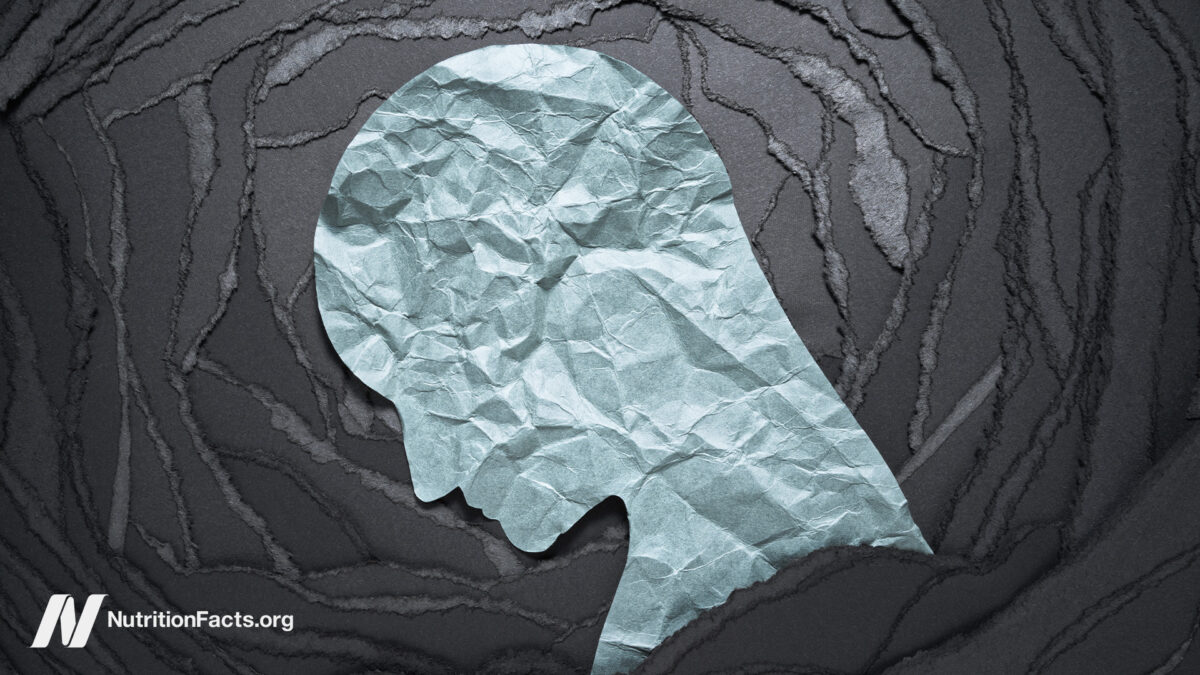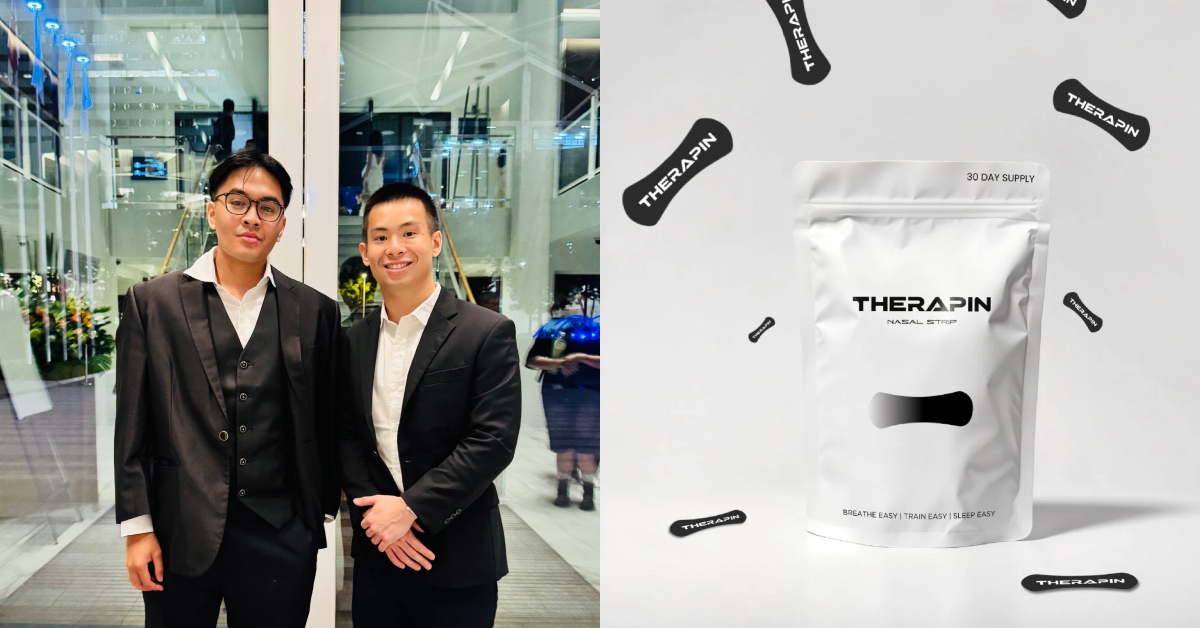Ad creatives and mental health—5 ways to prevent burnout and reward performance
In the hunt for Lions, don’t lose the humans.

Every year agencies are honored at Cannes for ads about mental health—but don’t always support the emotional, psychological and social well-being of their own staff.
A hustle culture is what makes the industry cool. But when pressure takes precedence over passion, agencies won’t hold onto their most talented creatives for long. Here are five ways to celebrate creatives’ intensity while caring for their mental health:
Sponsor counseling and therapy sessions
Before planning longer-term changes, first acknowledge when team members say they are on edge. Exhaustion, cynicism, detachment and a sense of personal defeat are signs of extreme mental health imbalance.
While helpful, a chat with the HR team usually does not lead to lasting change. Third-party certified counselors should be the norm in such overworked and overstressed work environments. Virtual guidance by certified experts is affordable and helps the agency put its money where its mouth is. If you can’t swing the expense, start by providing each employee access to mental support apps including Calm and Headspace.
Provide two mental health days per month
Don’t wait for the possibility of a four-day workweek; start with something more realistic and doable. Allow two holidays every month as and when needed, no questions asked. Don't offer time off after a project is done. That’s like a doctor saying he or she can treat your medical emergency next month. Moreover, if team members can’t have experiences, conversations and stories beyond their cubicle walls in peace, they won’t have the fresh context and perspective to elevate their ideas and win pitches.
Don’t allow moment marketing to prevent personal moments
If your creatives are working at midnight or missing relatives’ weddings because of moment marketing deadlines, it will only add to their pressure and diminish their sense of self-esteem.
Have clarity on moment marketing ownership. Sit with clients and make an actual list. Do they really need to talk about invasions, celebrity scandals, TikTok dance trends and water shortage in the same breath? Not every brand needs to have an opinion on every current affair news and pop culture trend.
Don’t let work time seep into personal time
This is a critically important healthy workspace practice but has been eroded by an explosion in professional and personal messaging apps. Getting feedback at 9 p.m. on a messaging app is far more common than it should be. If you want mentally healthy employees, let them have a healthy work-life balance. It’s a basic 21st-century human need that even psychologist Abraham Maslow—whose 1943 hierarchy of needs was a roadmap to psychological health—would have supported!
Global agencies need to lead by prohibiting correspondence—internal or external including all apps—after 6 p.m. and on weekends unless an emergency arises. If holding companies adopt this policy, others will follow the market standard. Agencies should also have well-defined “point of contact” charts to guide important or emergency after-hours communication. Do this as a pilot for one quarter and see the huge difference in employee morale.
Consistently reward top performers
Among the reasons award-winning creatives switch to the client side is feeling exploited for being good at what they do. It’s a completely fair expectation to desire a financial component with that work. But employee merit certificates and text messages filled with celebratory GIFs are hardly appropriate rewards. Just look at the great resignation spree, will you please?
Celebrate and preserve the ardor of your most talented. If you really have to use them on multiple projects and pitches, make sure they are given bonuses for the work they put in—especially when compared to colleagues working at a normal pace.
While easier to gauge value in sales roles, it can be done for creatives too. Customarily document for HR and agency leaders the extra effort and accomplishments of your top performers. Consistently reward them for it so that over time they won’t feel taken advantage of and start doing work far below their capabilities. It’s an avoidable lose-lose scenario and a win-win for both agency and industry.
Yes, your short-term agency expenses might rise a little. And to be fair, you might lose clients to smaller agencies ready to work 16 hours a day. But in the bigger scheme of things, you will be helping the industry regain its gold standards and lost goodwill. And we all know the lifetime value of a brand with unshakeable integrity and human empathy.

 ValVades
ValVades 































